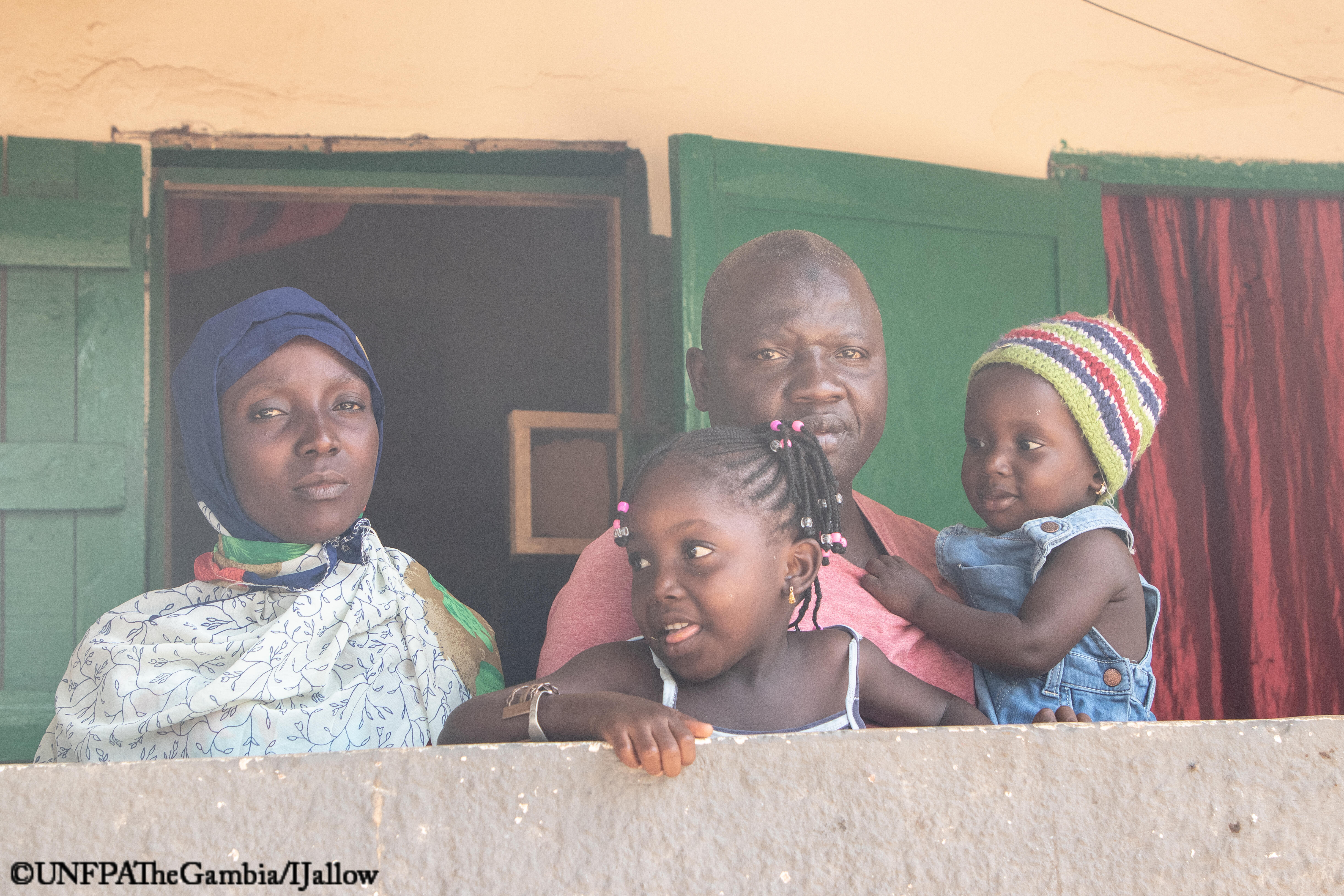For every woman, everywhere, pregnancy and childbirth should be a journey filled with love, joy and hope. However, for nearly 2 million women around the world, this experience is taken away by one of the most serious and tragic childbirth injuries - Obstetric Fistula. The condition, which is often the result of prolonged or obstructed labour, unskilled delivery, Female Genital Mutilation, among other factors, leaves women with little or no hope to live a life of renewed hope and dignity. They are often deserted by family and isolated from community life.
Guided by a mission to ensure that all women in The Gambia live healthy and dignified lives, UNFPA The Gambia under its current (2017-2021) Country Programme is supporting the Ministry of Health to provide free fistula repair surgeries.
“I used to be ashamed to attend public gatherings because of the fear of soiling my clothes.”
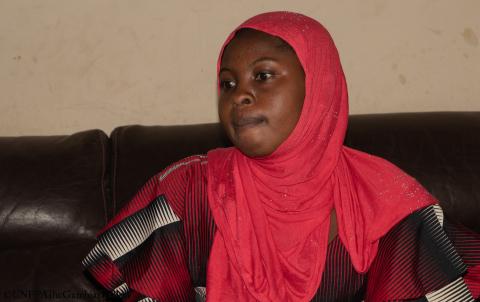
This is the story of Fatou Dumbuya, a resident of Serrekunda, located about 12 kilometers from the Capital city of Banjul. In 2017, Fatou realised she had an injury as a result of trying to reverse the harm caused by Female Genital Mutilation (FGM) type 3 performed on her when she was a child. She had since lived in silence with the condition until she benefitted from a UNFPA-supported surgery organised by the Ministry of Health in December 2019.
Having lived with the condition for nearly 2 years, Fatou shared the challenge it posed to her daily life. “Even in my home, I did not feel comfortable moving around. I was always conscious of keeping the condition as mine and my husband’s secret.”
According to Fatou’s husband Boye, it was a difficult period marked with financial difficulties and a challenge for Fatou to attend social gatherings. When the couple were asked how they were able to work through the difficulty in their home as a result of the condition, her husband had this to say:
“On one of our visits to the hospital, we found a lady with the same condition whose husband had left at the facility and never returned. This had a huge impact on me and I was determined that I am not going to be the husband to abandon my wife. I wanted to be the only one to take care of her. This was our battle and we were going to fight it together.”
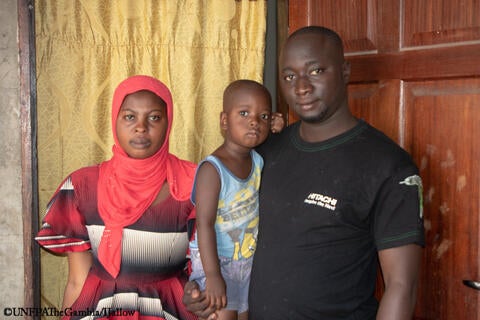
Both teachers, Fatou and her husband are now back to work to fend for their family and have since been practicing birth spacing with the support of Family planning services. They have also committed to not practice FGM if they ever had daughters.
In Bundung, a community not very far from Serrekunda, Fatou Ceesay and her husband Modou Camara have a similar experience. However, unlike the earlier couple, Fatou had no knowledge that she was living with Obstetric Fistula after giving birth to her daughter, now four years old. Fatou only knew about her condition the day she went into labour for her second daughter. Because of this, she went through a caesarian section and was referred to see a specialist for a fistula repair surgery. However, due to the pain from the C-Section, Fatou had to allow herself to heal and recover before going under the knife the second time.
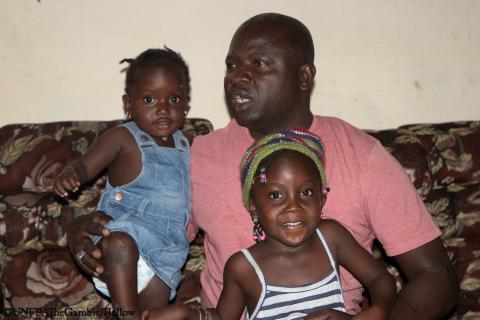
Speaking to the UNFPA team, Fatou Ceesay’s husband Modou Camara expressed that it would have been impossible to afford surgery for her wife, if they had not received support from UNFPA through the Ministry of Health at their time of need.
Fatou Ceesay said,
“I thank UNFPA for the valuable assistance they have provided me in giving me a second chance to live a dignified, happy and fulfilling life.”
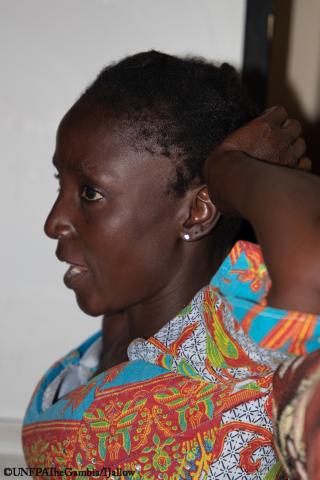
When asked to share a message with women who may be suffering the same ordeal and are living in silence in the country, Fatou Ceesay stressed that “you do not have to hide what you are going through. Help available if you are willing to speak up. Seek help from the public health facilities and you will be treated.”
From 2018 to date, UNFPA has supported 31 surgeries and hopes to support an additional 119 surgeries by the end of its eighth (8th) Country Programme.
In addition to the provision of repair surgeries, the agency continues to support the strengthening of sexual and reproductive health care, including timely and quality emergency obstetric services to prevent fistulas from occurring in the first place.
***
Media contact:
Haddy Jonga - Programme Analyst Communications, UNFPA The Gambia jonga@unfpa.org
Isatou Jallow - Communications Associate, UNFPA The Gambia ijallow@unfpa.org

